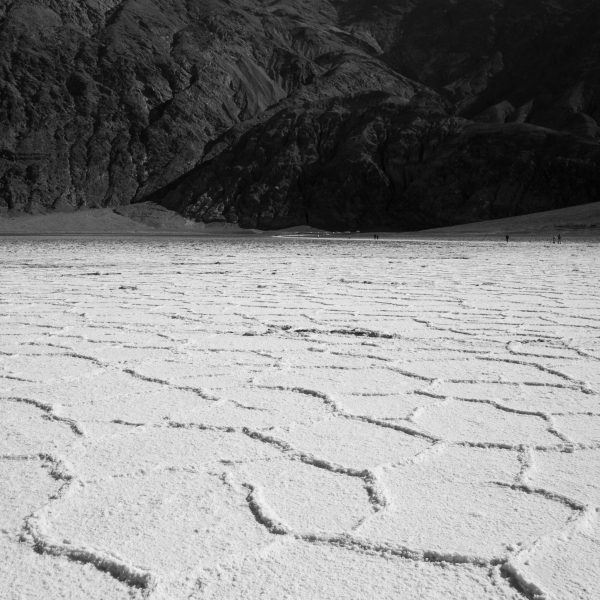
The author of 2 Peter maintains that in order to wait well one must place trust in God and God’s promises (3:13). What sets a follower of Christ apart in the communities to which this epistle is addressed is that they do not act according to their own interests, or even their own timeline, but rather, in accordance with the promise of God.

The transfiguration stories in scripture, and their mountains, are not places of answers. They are places of raw honesty about our own limits. They are places where words give way to water that flows where it will, to sustain life. They are places of confronting grief and loss. They are places of silence. And these mountains are places to wonder at the mystery of the God who created us to need each other and this earth.

In displaying its cosmic vision, Psalm 8 invites its readers to participate, in some limited way, in the divine perspective that exceeds our own, in which anthropocentric fantasies are judged and redefined.
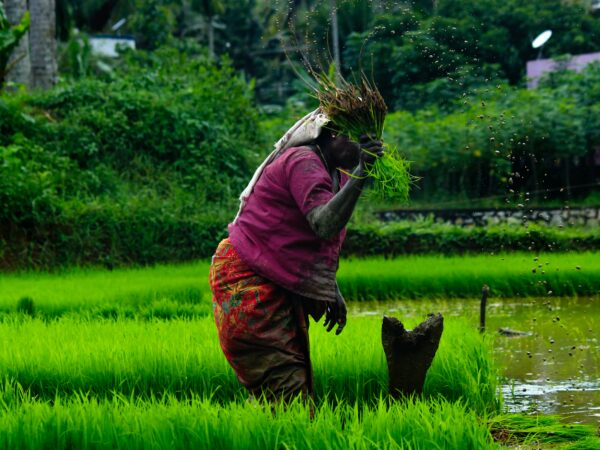
Subaltern hermeneutics offers two insights in this text, a “de-anthropomorphic” reading and “de-transcendental divine” reading. These readings offer hope to the subaltern communities in their journey of faith today and challenge all readers to seek partnerships with the creation, for Jesus is the crop….
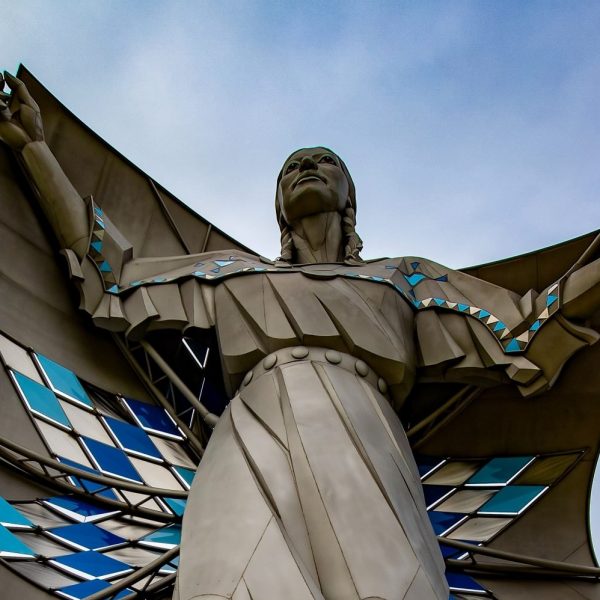
Indigenizing philosophy through the land then is more than a culturally distinct way of philosophizing… it is a process of decolonization in the form of a revitalization of the relational modes of Indigenous life grounded in land as the relational ground of kinship and human beings as grounded in and inextricably entwined with this relational kinship ground.

How does one turn away from a Lenten desert, so profoundly illustrated in the wastelands of plastic filled beaches, and walk towards the resurrection hope of Easter? Perhaps by remembering that Easter is coming, but its only the middle of the story.

An intertextual reading of Genesis 12 and Psalm 121 demonstrates that, while our faithful relationship with God may be initiated by our willful act of leaving, our ongoing life journey can be sustained by our attention to nature’s ontological testimony of God’s unequal sovereignty. Just as the Hebrew pilgrims were given strength to live out their faith through ecological awareness and mindfulness, let us emulate this life of pilgrimage and boldly leave our anthropocentric lifestyles.
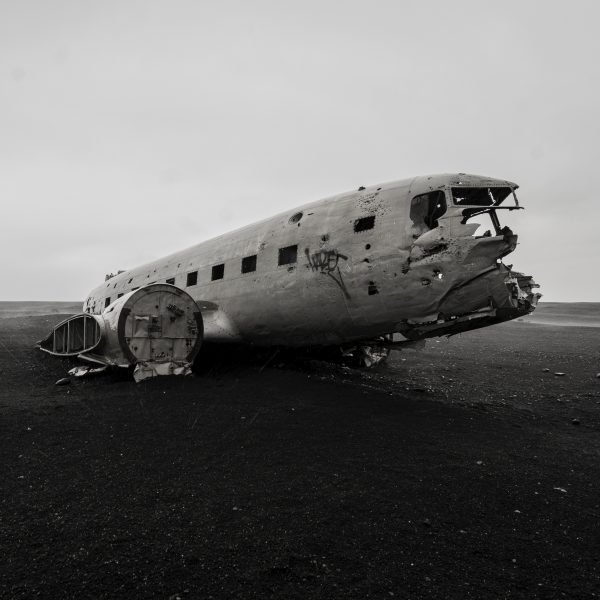
Humans may very well not survive to the end of the century, but in faithfulness to the Creator, between fasting and serving the Garden, hope is alive. The liturgical season of Lent is such a time.
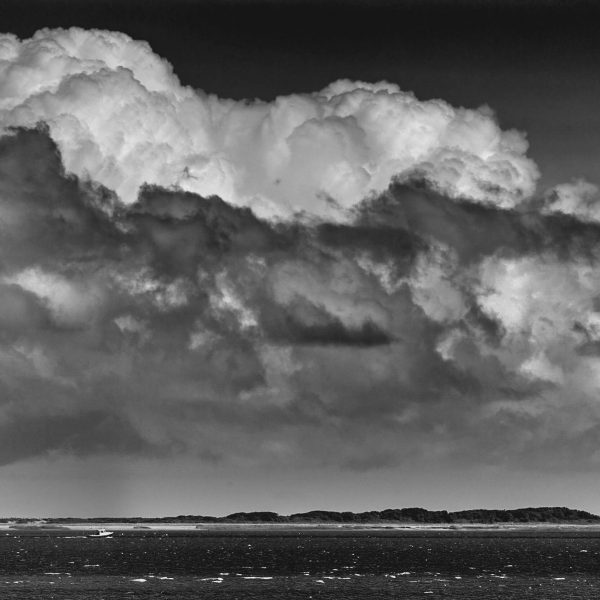
During the Christian, liturgical season of Lent, essays on the Politics of Scripture will reflect on the intersection between the lectionary texts and climate change.

…theologies of disability can aid human flourishing, because caring for people of varied abilities made in God’s image allows us all to create more just and compassionate political systems

